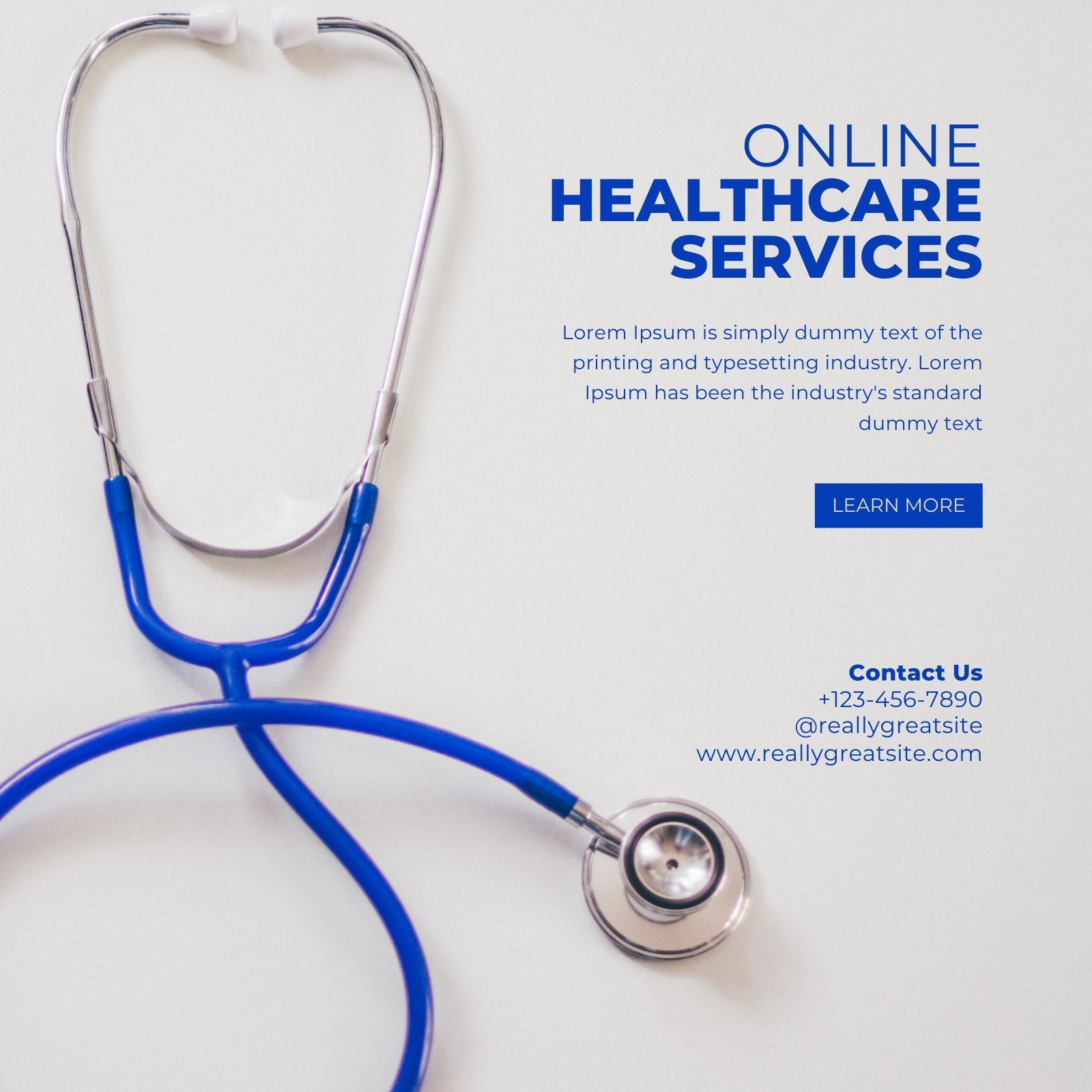Browsing the Future of Medication With Subscription-Based Healthcare Services
As the health care market progresses, subscription-based solutions arise as a crucial design assuring to improve individual care shipment. The answers to these concerns can essentially change our method to healthcare.
Increase of Membership Health Care
As healthcare systems worldwide face raising pressures from increasing expenses and need for services, the introduction of subscription-based healthcare designs has become a transformative trend. This innovative strategy is interrupting conventional health care delivery by supplying a foreseeable, flat-rate repayment structure for medical services. Rooted in the principles of concierge medicine, subscription-based medical care enables suppliers to concentrate on individualized person treatment while simultaneously managing functional effectiveness.
The enhancing customer demand for openness and predictability in medical care expenditures has driven the shift in the direction of this model. Subscription-based services frequently use straight accessibility to healthcare experts, which can minimize the management burdens connected with insurance coverage cases and repayments.
This design is gaining traction amongst diverse medical care companies, from medical care medical professionals to specialized clinics, by straightening financial motivations with continual and precautionary treatment. By changing the emphasis from volume to value-based treatment, registration health care has the potential to reshape the landscape, promoting a more patient-centered and lasting technique to wellness administration.
Benefits for Clients

In addition, subscription-based solutions frequently emphasize preventative treatment, urging normal check-ups and wellness testings. This proactive strategy can cause early detection of health issues, potentially improving end results and reducing long-lasting healthcare costs for clients. In addition, such designs typically offer transparent pricing, enabling individuals to much better comprehend their healthcare expenses and prevent unforeseen medical costs.
The individualized nature of subscription-based health care also improves client experience. People can receive customized healthcare plans that match their details demands, cultivating a much more patient-centric strategy. This customization can cause enhanced individual fulfillment and adherence to treatment strategies. Moreover, membership services usually integrate wellness programs, sustaining patients in preserving general health and wellness. Inevitably, these advantages collectively add to a more efficient, affordable, and patient-friendly healthcare experience.
Innovation's Duty in Change

Expert system (AI) plays an important role in anticipating analytics, assisting in very early diagnosis and tailored treatment strategies. AI formulas assess huge datasets to identify patterns that could be neglected by human observation, thus improving professional decision-making. Digital health documents (EHRs) simplify individual details management, making sure continuity and comprehensibility of treatment across numerous solutions and companies.
Blockchain technology enhances data safety and privacy, critical for maintaining person rely on electronic platforms. It allows safe and secure and clear deals of clinical information, guaranteeing that delicate info stays secured. With the assimilation of artificial intelligence and AI, blockchain can automate complex healthcare processes, reducing administrative problems.
Considerations and difficulties
While technology drives the capacities of subscription-based medical care solutions, it also presents a set of obstacles and factors to consider that must be dealt with to make certain Web Site effective application. One significant obstacle is the equitable availability of these services.
Information personal privacy and safety and security stand for one more critical consideration. Subscription-based solutions often entail the collection and storage space of vast amounts of personal health and wellness details. Service providers must abide by stringent information defense guidelines to preserve client trust and avoid unauthorized gain access to, which could bring about significant honest and legal repercussions.
As healthcare needs progress, keeping a cost-effective balance between registration charges and service quality is important to prevent person discontentment and attrition. Attending to these challenges is essential as subscription-based health care services proceed to expand and progress.
Future Effects for Medication
Subscription-based health care services are positioned to dramatically influence the future landscape of medicine by reshaping how treatment is accessed and delivered. These models provide the prospective to democratize health care accessibility, providing patients with more individualized and prompt treatments. By leveraging technology, such as telemedicine and data analytics, membership services can promote continuous more surveillance and customized health management, therefore improving outcomes and decreasing the burden on typical health care systems.
As these services gain traction, they can boost a change towards preventative treatment, emphasizing the importance of very early discovery and monitoring of persistent conditions. This aggressive method may inevitably reduce health care prices by reducing the demand for costly treatments occurring from late-stage condition management. In addition, membership designs supply a scalable service to attend to differences in health care access, particularly in rural or underserved populaces.
Nevertheless, the transition towards subscription-based versions requires addressing honest and governing considerations, including information personal privacy and equitable access. As the sector evolves, joint initiatives in between policymakers, modern technology designers, and medical care companies will certainly be vital to developing robust frameworks that guard individual passions while fostering innovation. Eventually, these services promise to contribute dramatically to an extra effective, patient-centered health care ecological community.

Final Thought
Subscription-based medical care solutions represent a significant evolution in the clinical area, providing foreseeable expenses and individualized care that enhance accessibility and focus on precautionary measures. Technological improvements, such as telemedicine and AI-driven analytics, facilitate customized person experiences, enhancing total health end results. Nonetheless, challenges such as data personal privacy and fair accessibility need to be addressed to ensure the prevalent advantages of these services. As the medical care landscape develops, subscription models are poised to play an important role in shaping the future of medication.
As the health care market evolves, subscription-based services arise as a critical design guaranteeing to reshape patient treatment delivery.As medical care systems around the world face increasing stress from rising prices and need for solutions, the development of subscription-based healthcare models has actually emerged as a transformative trend (subscription based healthcare).With the increase of subscription-based medical care models improving conventional healthcare shipment, patients are starting to experience significant advantages from this pop over to this site innovative strategy. As healthcare requires develop, keeping an affordable equilibrium between registration fees and solution quality is crucial to prevent individual dissatisfaction and attrition.Subscription-based health care solutions are poised to substantially influence the future landscape of medicine by improving how care is accessed and supplied